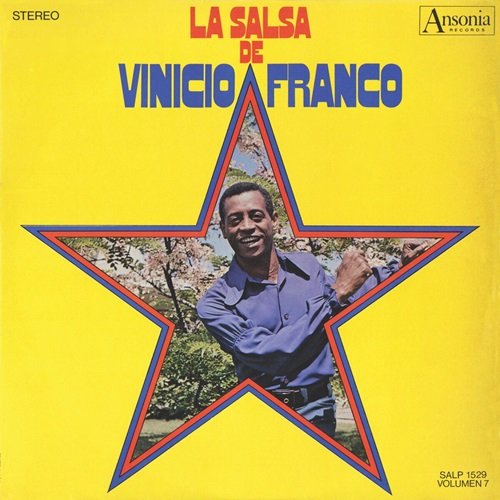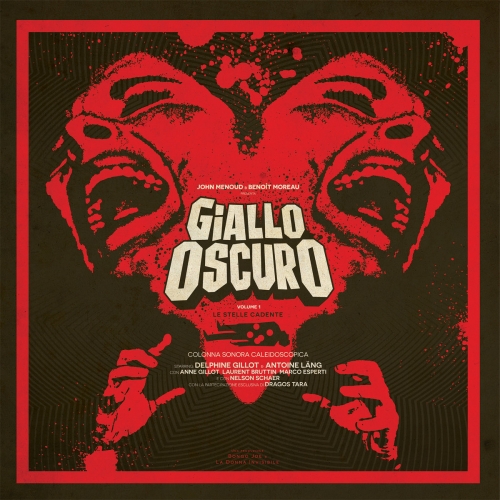Randy Johnston - Somewhere in the Night (1997)
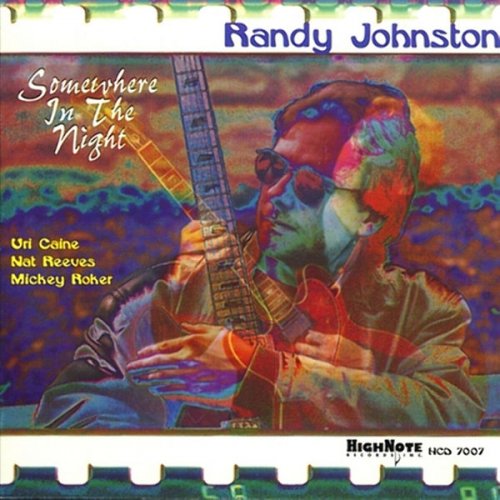
Artist: Randy Johnston, Uri Caine, Nat Reeves, Mickey Roker
Title: Somewhere in the Night
Year Of Release: 1997
Label: HighNote Records
Genre: Jazz
Quality: FLAC (tracks)
Total Time: 53:40
Total Size: 298 MB
WebSite: Album Preview
Tracklist:Title: Somewhere in the Night
Year Of Release: 1997
Label: HighNote Records
Genre: Jazz
Quality: FLAC (tracks)
Total Time: 53:40
Total Size: 298 MB
WebSite: Album Preview
1. Dat Dere (05:29)
2. I Wish I Knew How It Would Feel to Be Free (05:27)
3. Secret Love (05:16)
4. The End of a Beautiful Friendship (05:39)
5. Sack of Woe (06:24)
6. Somewhere in the Night (05:28)
7. Blues for the Millennium (04:22)
8. Third Time Around (03:53)
9. In the Wee Small Hours of the Morning (05:25)
10. Secret Love (Version 2) (06:12)
With this CD guitarist Johnston has really hit a comfort zone, cruising through swinging, soul-laden jazz effortlessly. Drummer Mickey Roker appears as he did on "In A-Chord," while Nat Reeves is a good choice for the bass chair. Pianist Uri Caine, known for more progressive jazz work, fits in well. Of the ten cuts, two stand out like not-so-sore thumbs. The quartet revs up Hank Mobley's "Third Time Around" with a chordal approach and good, refreshing, swinging base, while Johnston's "Blues for the Milennium" is an original 12-bar swinger with a melody good enough to take you through 2000 and beyond; it could be a new standard. The other "standards" have a variety of slight changes, featuring Johnston's extremely literate stylistic signposts. Echoes of Wes Montgomery fall into place for "Dat Dere." There are two ultra-melodic, quick, and bright versions of "Secret Love": One is virtually supersonic, and the other trades wonderful fours with Roker. The band gets down on a funky "I Wish I Knew How It Would Feel to Be Free" and "Sack O' Woe," both faithful to the originals. There are two ballads where Johnston not only cuts back his single lines, but languishes in their sparseness: during the title cut and in the tender "In the Wee Small Hours." Caine's embellishments bubble over during his fit as a fiddle solo for "A Beautiful Friendship." His use of different harmonic devices creates a sound that you want to dive into head first and listen to up close. When standards are performed like standards -- without frills but with conviction -- they can be viewed as either blasé or extremely consistent. This is a well-played and overall steady release from this quartet, whose efforts result in a recording that is not Johnston's best, but one that holds up well upon repeated late-night listenings. © Michael G. Nastos
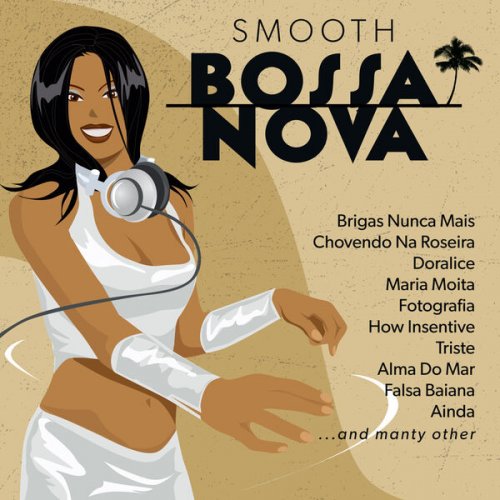
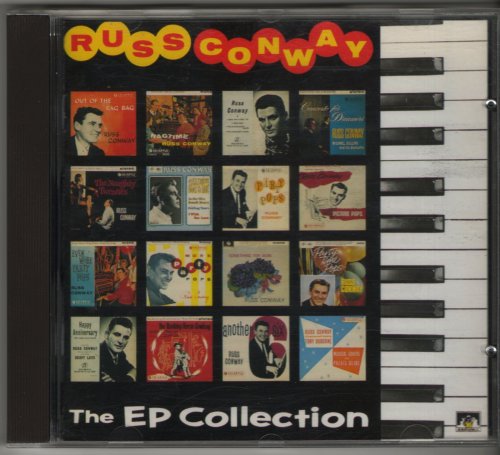

![Mateus Asato - ASATO (2026) [Hi-Res] Mateus Asato - ASATO (2026) [Hi-Res]](https://www.dibpic.com/uploads/posts/2026-02/1772112407_egqdz3e9dom2b_600.jpg)

![VA - From the Archive Vol. 3... compiled by Volcov (2026) [Hi-Res] VA - From the Archive Vol. 3... compiled by Volcov (2026) [Hi-Res]](https://www.dibpic.com/uploads/posts/2026-02/1772033794_a3743742618_10.jpg)
